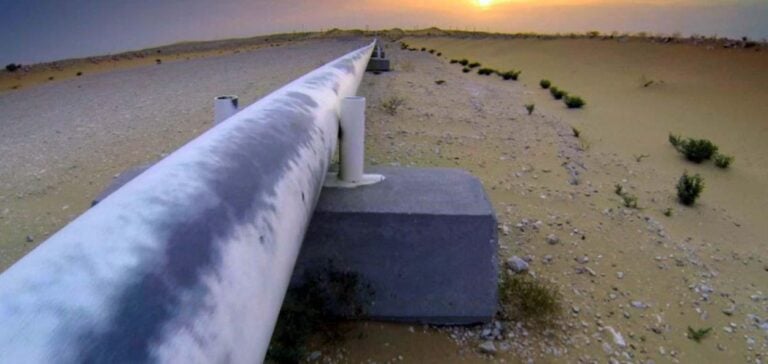Qatar, the world’s leading exporter of liquefied natural gas (LNG), faces a major strategic challenge. While the country plans to significantly increase its production to 152 million tons per year (mt/year) by 2030, approximately 61 million tons, or nearly 40%, remain uncontracted. This situation could impact its dominant position in the international market.
A more competitive market
With the emergence of new players such as the United States, the global LNG market has become more competitive. Buyers, especially in Asia, now prefer shorter and more flexible contracts, a trend that contrasts with Qatar’s rigid contractual policies.
Unlike competitors such as Abu Dhabi National Oil Corporation (ADNOC), which offers flexible clauses for deliveries in both Europe and Asia, QatarEnergy maintains strict restrictions, which could limit its attractiveness to Asian buyers.
Uncontracted volumes: risk or strategy?
Some analysts believe the uncontracted volume may reflect a deliberate strategy to capitalize on the spot market, where prices are more volatile but potentially more profitable. However, others see it as a significant risk, especially if the global market becomes oversupplied by the end of the decade.
According to a recent report, QatarEnergy could face difficulties securing contracts due to its rigidity on aspects such as destination flexibility and contract durations.
Strengthening QatarEnergy Trading’s role
To address these challenges, QatarEnergy could intensify the operations of its subsidiary QatarEnergy Trading (QET), specializing in LNG trading on the spot market and short-term contracts. Recently, QET won a tender from GAIL, an Indian company, with a Henry Hub-indexed offer, illustrating a gradual adaptation to the growing demand for flexibility.
Perspectives for Qatar
Faced with increasing competition and evolving buyer requirements, Qatar will need to adjust its strategy. The combination of increased production, a rapidly changing market, and heightened competition could force the country to adopt more flexible policies to maintain its influence in the natural gas sector.
Strategic decisions in the coming years will be crucial for Qatar’s ability to retain its leadership in a rapidly evolving global market.






















